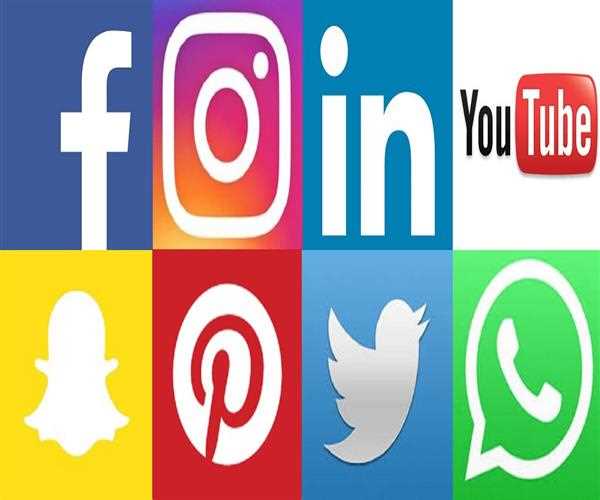When it comes to advertising, social media is one of the most powerful tools in the modern marketer’s toolkit. With its ability to reach a wide audience and target specific demographics, social media advertising can be an invaluable asset to any brand. But with so many different platforms out there, it can be hard to know which one is the best for your ad campaigns.
To answer this question, let’s take a look at the different types of social media advertising and their respective pros and cons.
Facebook Ads: Facebook is a powerful social media platform with over 2 billion active users, making it the perfect tool for reaching a wide audience. With its targeting capabilities, you can narrow down your ads to reach the exact demographic you’re looking for. The downside of Facebook Ads is that its audience is so large, it can be hard to stand out from the competition.
Instagram Ads: Instagram is a highly visual platform with an engaged user base of mostly millennials. This makes it an ideal platform for reaching a younger demographic. Plus, its ads are well-integrated into the user experience, which makes them less intrusive than other forms of social media advertising. The downside of Instagram Ads is that it’s not as easy to track performance, making it more of a trial-and-error process.

Twitter Ads: Twitter is a great platform for reaching a wide audience and targeting specific interests. Its ads are also highly visible, as they are integrated into the user experience in the form of promoted tweets. The downside of Twitter Ads is that they can be expensive, as the cost of promotion is determined by the cost of each keyword.
YouTube Ads: YouTube is a great platform for reaching a large audience and targeting specific interests. Plus, its ads are highly visible, as they appear as pre-roll videos or as part of the user experience. The downside of YouTube Ads is that it can be difficult to track performance, as it’s not as easy to target specific demographics.
LinkedIn Ads: LinkedIn is a great choice if you’re looking to reach an audience of professionals. With over 600 million monthly active users, you can reach a highly educated and affluent audience. LinkedIn also offers a wide range of targeting options, including job title, company, industry, and more. LinkedIn’s sponsored content and sponsored InMail ads are great ways to drive brand awareness and engagement. Plus, the cost per impression or click is usually lower than on other platforms.
Now that you’ve seen the different types of social media advertising, it’s time to decide which one is best for your brand. Ultimately, the best option will depend on your goals and budget. If you’re looking to reach a wide audience and target a specific demographic, Facebook Ads may be the best option. If you’re looking to reach a younger audience and target specific interests, Instagram Ads may be the better choice. And if you’re looking to reach a wide audience and track performance, Twitter Ads or YouTube Ads might be the best option.
Ultimately, the best social media advertising option will depend on your goals and budget. But by evaluating each platform and weighing the pros and cons, you can make an informed decision that’s best for your brand.